Nicknamed “Paddle-Wheel Satellite”, NASA’s Pioneer 5 probe was launched on March 11, 1960, from Cape Canaveral Air Force Station.
Today’s (March 11) story of what happened this day in Science, Technology, Astronomy, and Space Exploration history.
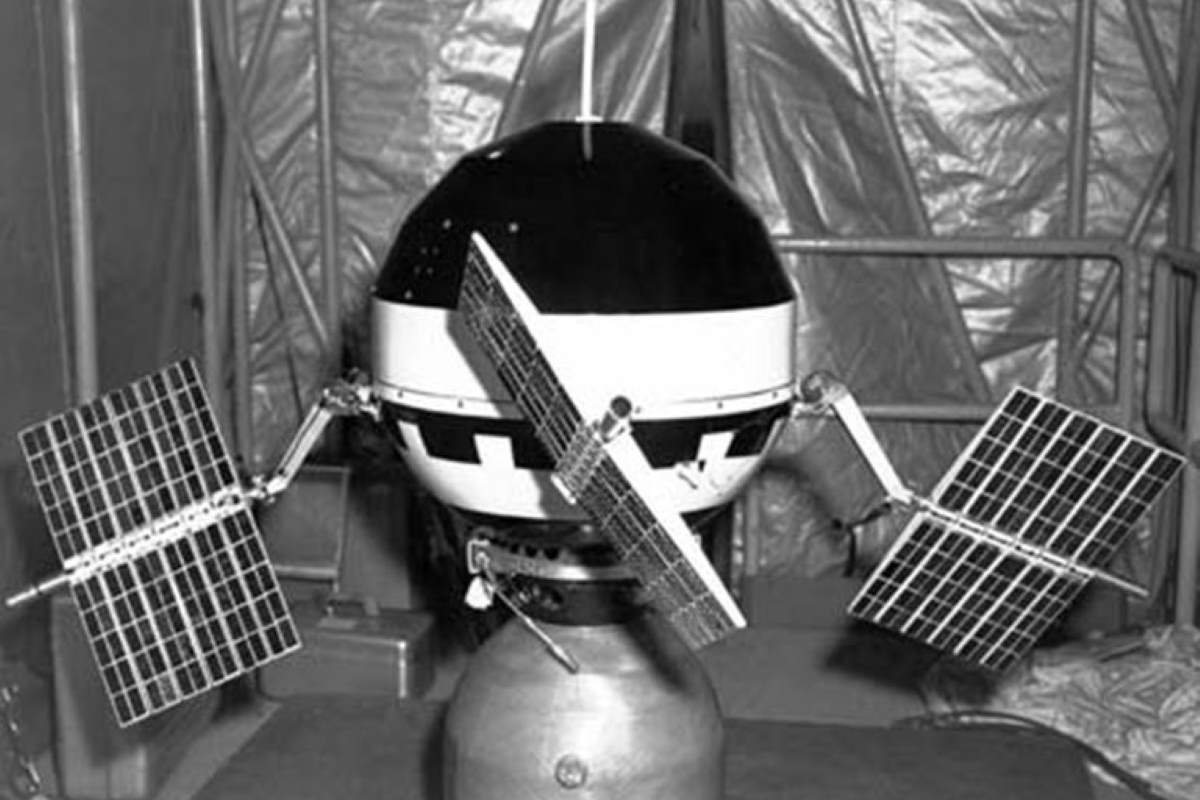
Nicknamed “Paddle-Wheel Satellite”, NASA’s Pioneer 5 probe was launched on March 11, 1960, from Cape Canaveral Air Force Station.
Today’s (March 11) story of what happened this day in Science, Technology, Astronomy, and Space Exploration history.
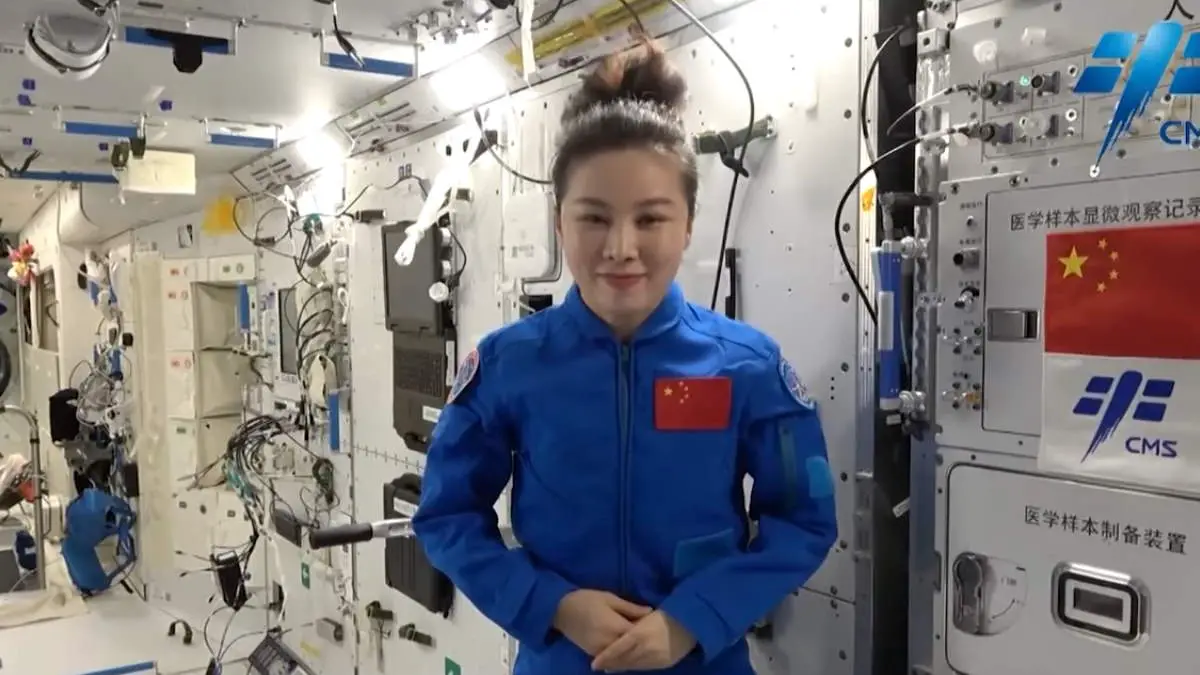
On March 8, 2022, Taikonaut Wang Yaping celebrated International Women’s Day from China’s Space Station Tiangong by delivering a special message to the world.

Antarctica is the coldest continent in the world, holding the record for the lowest temperature ever recorded on Earth. Even more surprisingly, its average temperature is far lower than that of the Arctic. Despite both the Arctic and Antarctica being located at the poles, the Antarctic ice sheet is significantly larger and thicker than the ice found in the Arctic. So, why is Antarctica so much colder than the Arctic? Here are the key reasons behind this extreme cold.
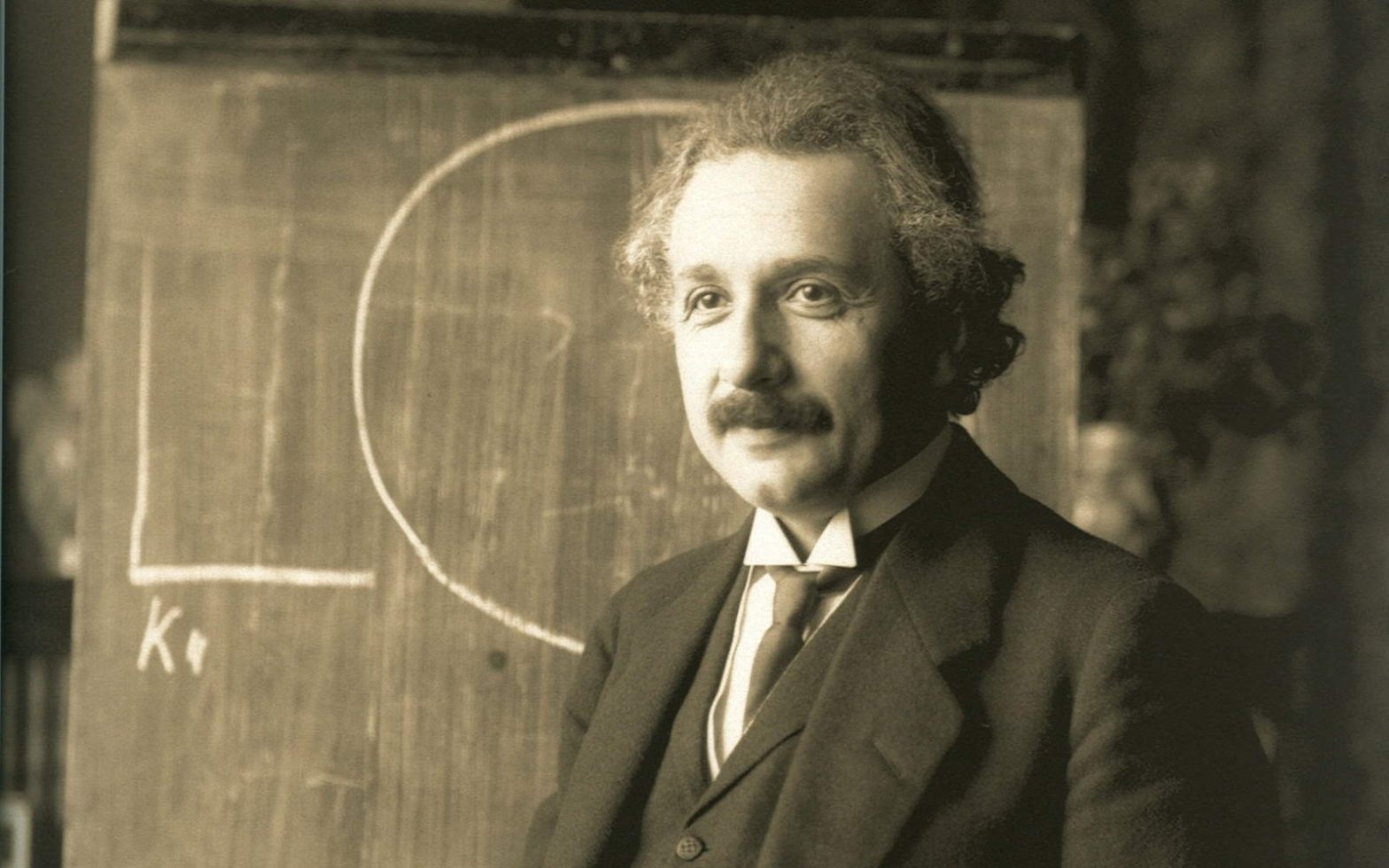
E=mc2 is probably the world’s most famous equation. It means “Energy equals mass times the speed of light squared.” The formula basically implies that a small amount of rest mass corresponds to an enormous amount of energy, and that’s the physics behind nuclear fission or nuclear fusion. In this amazing video, Albert Einstein explains his famous formula in his own voice.

Humans have relied on cotton’s textile fiber for nearly seven millennia. However, utilizing cottonseed as food has been a long and unfulfilled goal of many plant breeders. Along with its abundant, high-quality protein, cottonseed also contains gossypol – a toxic chemical that renders the seed inedible. Cottonseed’s fate as a mostly unusable by-product seemed sealed until Dr. Keerti Rathore, a professor at Texas A&M University, announced that he had successfully created gossypol-free cottonseed. Dr. Rathore’s tireless devotion has given the world the potential to significantly improve food security worldwide. Here’s how bioengineered cotton could help solve world hunger.
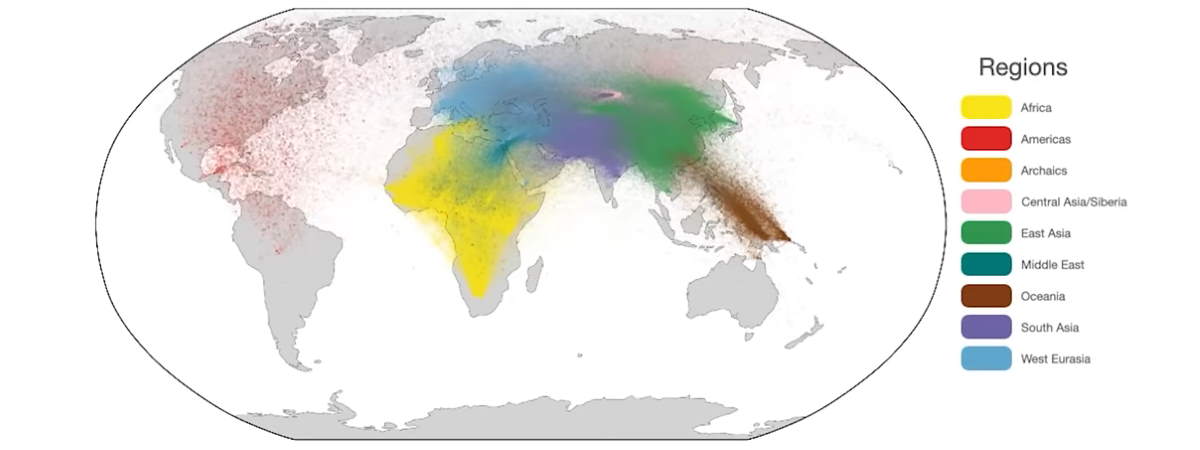
Researchers from the Big Data Institute at the University of Oxford in England used DNA analysis to create the largest human family tree ever, dating back 100,000 years. They published their study titled “A unified genealogy of modern and ancient genomes” in the journal Science.

Large-scale circulation patterns can be found throughout Earth’s oceans and atmosphere, and play a crucial role in maintaining the stability of regional climates. As the climate warms, researchers find that these patterns are experiencing a fundamental transformation, which can result in catastrophic consequences. According to scientists, these changes could lead to hotter, drier conditions in regions including the Mediterranean, California, and Australia – which are already recording an increase in the frequency and severity of droughts and wildfires.
Dr. Hu Yang at the Alfred Wegener Institute identifies and explains the mechanisms of these changes. His study offers crucial insights into how both human populations and natural ecosystems will be affected by these transformations – and how they will need to adapt to cope with them.
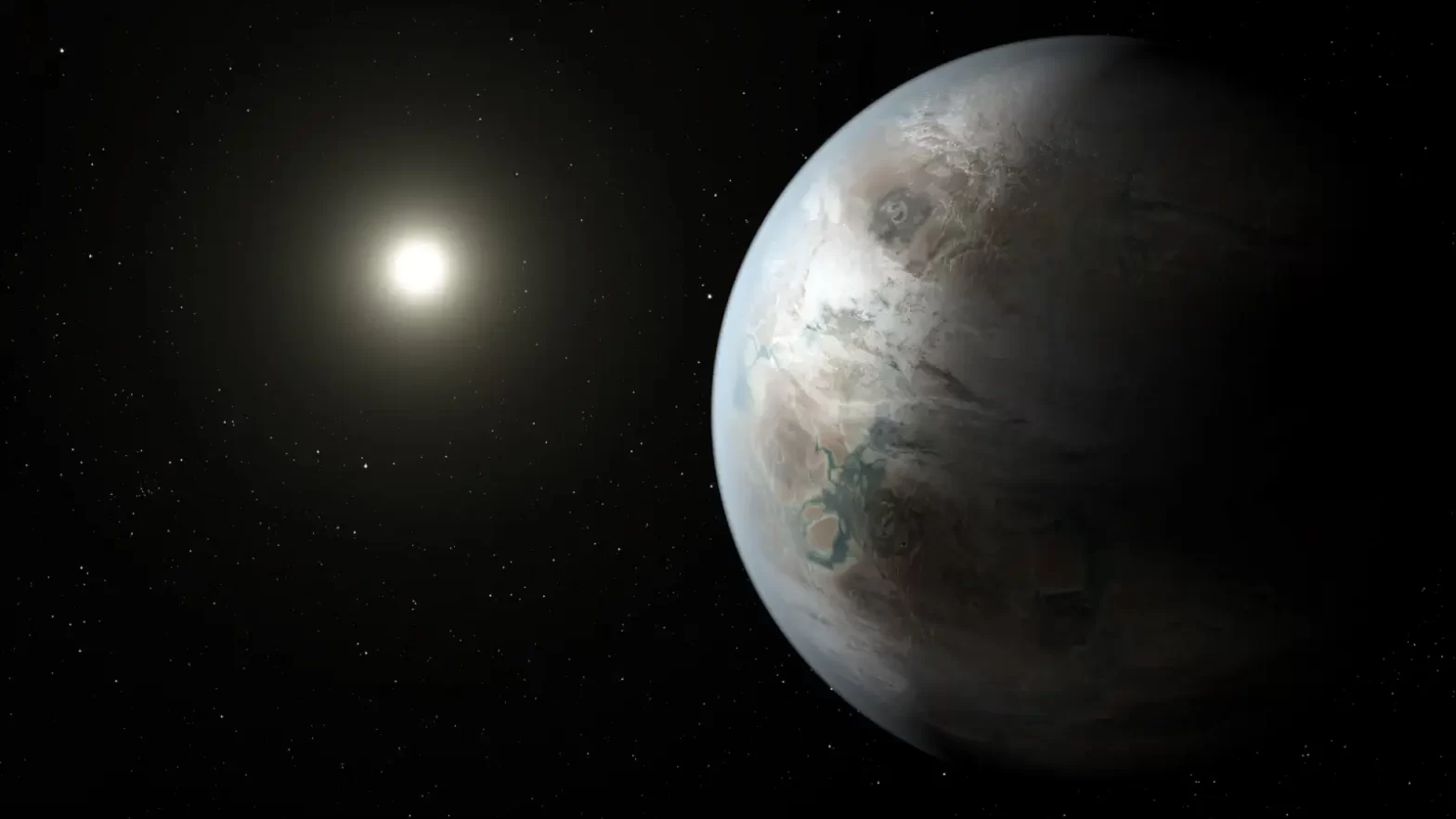
Discovered on January 6, 2015, Kepler-442b is a near-Earth-sized exoplanet. Most probably it is a rocky planet and it orbits its star, Kepler-442, within the habitable zone. According to some sources, including Wikipedia, it is an even more habitable planet than Earth. But, that’s not the case, and this claim is just an inaccurate interpretation of a 2015 study. Here’s why.
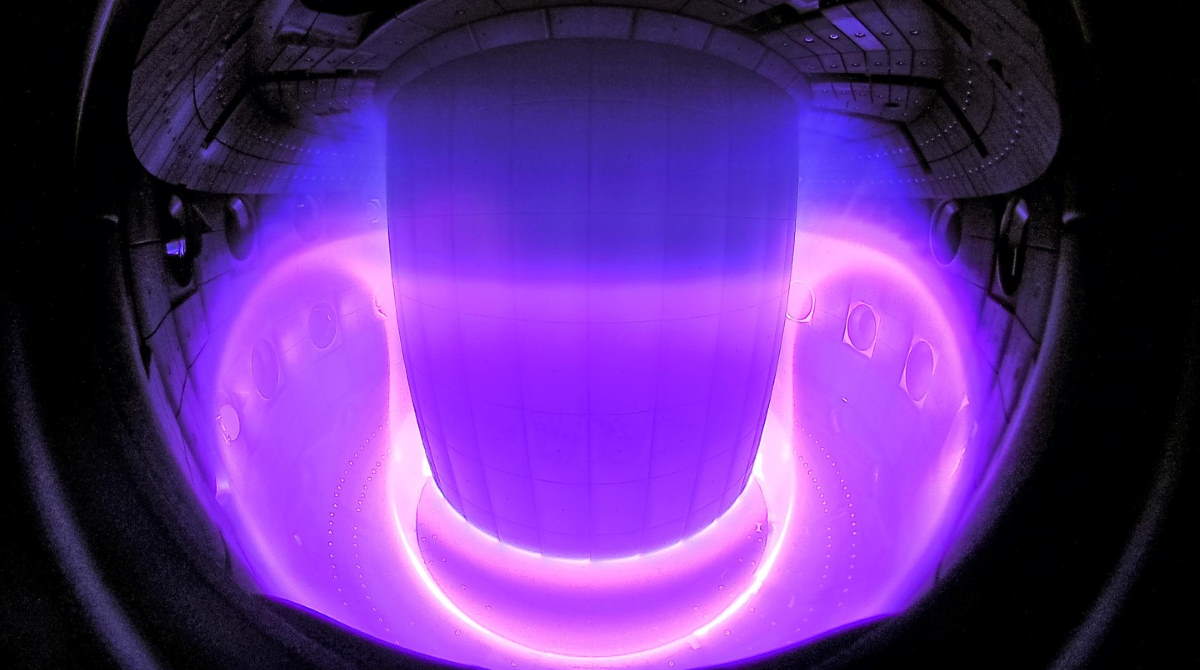
To keep Earth from dangerous ongoing global warming, the world is looking for an energy source without CO2 emissions. There is actually a dream candidate: successfully achieving nuclear fusion holds the promise of delivering a limitless, sustainable source of clean energy.

In the ongoing fight against climate change, businesses everywhere are doing what they can to help reduce their carbon footprints and shift to more sustainable options. However, not all companies are immediately capable of bringing in experts and making the shift to environmentally and socially responsible alternatives.